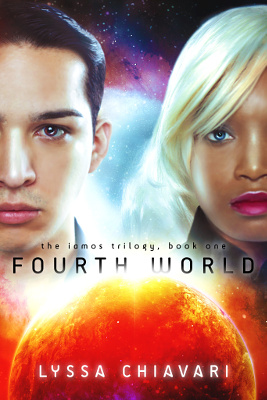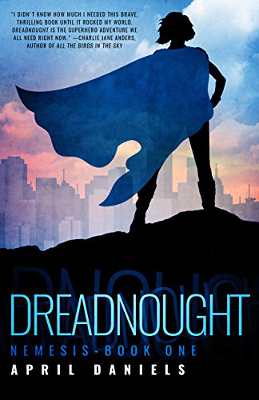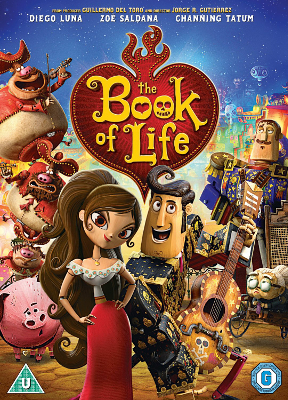 Series: The Iamos Trilogy, #1
Series: The Iamos Trilogy, #1
First Published: 28th December, 2015
Genre: Young Adult Science Fiction / Novel
Available: Amazon.com | Amazon UK
Isaak lives on Mars and discovers something that hints at the history of the planet. Nadin lives on Iamos and her people are threatened with destruction.
The beginning of the book focuses on Isaak, with Nadin coming into it later on. It’s clear from the start that they’re both on Mars in different times. Isaak is literally digging up Nadin’s history, as he assists on a geology dig site.
I liked the worldbuilding of Iamos. Its culture has hints of ancient Earth civilisations, but it isn’t exactly like any one of those. There’s a strict caste system, eugenics, and other markings of a totalitarian regime presenting itself as being for the good of the people.
Mars is not so strong. It felt very present day, from pop culture references to technology. I shouldn’t be able to recognise everything in a book set in the future, because there should have been new things appearing during the passage of time. Even if that’s just a new band or book series that’s the current big thing.
I enjoyed the overall story, as it focuses on how corporations and governments keep things from people for the benefit of those at the top. It’s a slow build at first as Isaak and friends figure out what’s happening, then speeds up once Nadin’s part gets going. There are some resolutions at the end, but this isn’t really a standalone story.
The cast is generally diverse when it comes to race and sexuality. Isaak is Latino and Nadin is non-white. The supporting characters are various races, and one of Isaak’s friends has two mothers. There’s some bigotry, such as slurs aimed at one of Isaak’s friends, but mostly these things are accepted without much comment.
Isaak is demisexual, which is made clear later on as he says it directly. Given that, I did wonder at Isaak suddenly going off on love and sex being what makes people human. Nadin is asexual but is still figuring it out and thinks of herself as broken. There’s some forced intimate contact (hugs and kisses). It’s not that any of this is unrealistic, as asexual people can internalise the message that love/sex are required to be human and something is wrong with them. Sexual assault is a common risk, along with blaming the asexual person for viewing it as assault. But it’s not really a portrayal with happy endings, at least as far as this book goes. It’s possible it’ll come around in future books in the series. I hope it does, because this would be a bad place to leave things.
Disability isn’t touched on in a major way. Where it’s referenced, it isn’t positive. Words like lame, spaz and moron are used. Crazy and psycho are aimed at people who might be dangerous. Isaak’s mother has motion sickness, but it’s not described that way. Instead, “she always insisted VR gave her motion sickness.” The wording casts doubt on that, as it isn’t that she has motion sickness, it’s that she says she does. As someone who gets motion sick frequently, I can assure readers that the vomit googles really do cause issues, and motion sickness is really real.
This is an entertaining read. The plot interested me enough to want to know what happens next. However, I’m cautious about where the relationships are going. The asexual experiences weren’t unrealistic, but they were realistic in a rather sad way, so there’s a lot resting on how the series resolves that.
 Series: Nemesis, #1
Series: Nemesis, #1 Genre: Children’s Fantasy / Film
Genre: Children’s Fantasy / Film